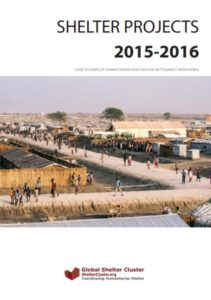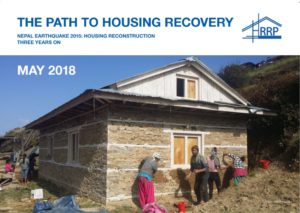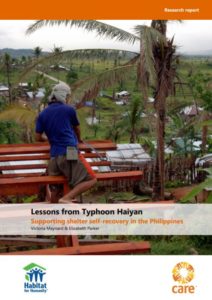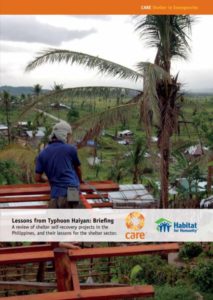We are pleased to announce that in addition to the main agenda of UK Shelter Forum 27, there will be a lecture, followed by questions and answers, from Dr Chandra Shrestha, Executive Committee Member of the Nepal National Reconstruction Authority, on the achievements and lessons from the work of the NRA over the six years since the 2015 Gorkha earthquake. This will take place at 11.00am BST/15:45 NPT on the 23rd of April – the morning before the main forum.
This has been organised in collaboration with the Institution of Structural Engineers’ Humanitarian & International Development Panel.
You can book a ticket for this online talk here: https://uksf27nra.eventbrite.co.uk
Please note that tickets for this talk are separate from the UKSF27 tickets. You will need to book separate tickets to join the UK Shelter Forum online conference in the afternoon. You can do so here: https://uksf27.eventbrite.co.uk.
Dr Shrestha, a Nepali citizen, has been working with the National Reconstruction Authority (NRA) of Nepal as an Executive Member since 2016. The Authority was established in 2015 to lead national recovery and reconstruction following the 2015 Gorkha Earthquake. He is a Chartered Civil Engineer with a doctoral degree in the transportation planning. During his nearly three decades long career, he designed and implemented a number of transport and other infrastructure projects under Government of Nepal (GoN), Millennium Challenge Corporation – Nepal, DFID and UNDP. Dr. Shrestha is a published author in a number of international refereed journals, including the International Development Planning Review, International Journal of Transport Management and Progress in Disaster Sciences.
Out of total stock of 6 million, more than 3.5 million houses In Nepal are not earthquake resilient. The National Reconstruction Authority (NRA), which was constituted for the reconstruction of 2015 Gorkha earthquake damaged infrastructure, supported the reconstruction of about 800,000 houses adopting the earthquake resistant technology. However, out of 70,000 plus cases, only less than 1000 households vied for retrofitting. From the perspective of implementation, the retrofitting intervention was not successful. However, NRA unearthed reasons for poor preference, developed appropriate technology and experimented with a number of communication approaches. With all these exercises, retrofitting is established as viable technology for promoting earthquake resilient housing. The successful strategies are: adoption of cost effective & local construction materials-based technology, build on local knowledge and enhance confidence among policy makers.
NRA experimented with a number of retrofitting technologies such as: strong back, splint and bandage and containment reinforcement integrated splint and bandage technology. All technologies have been tested and recommended for implementation. It is proven that retrofitting is cost effective and conserves vernacular heritage. However, additional research is required for urban row housing. The successful technologies also will require R&D for further improvement.
Realizing socio-economic benefits, the Government of Nepal (GoN) has been considering to launch a nationwide retrofitting programme in the future which will pave the way for resilient Nepal, a national campaign which is going to be kicked off from the next year. For demonstration purpose, GoN may retrofit school, hospital and office buildings which will enhance confidence among the larger population.






